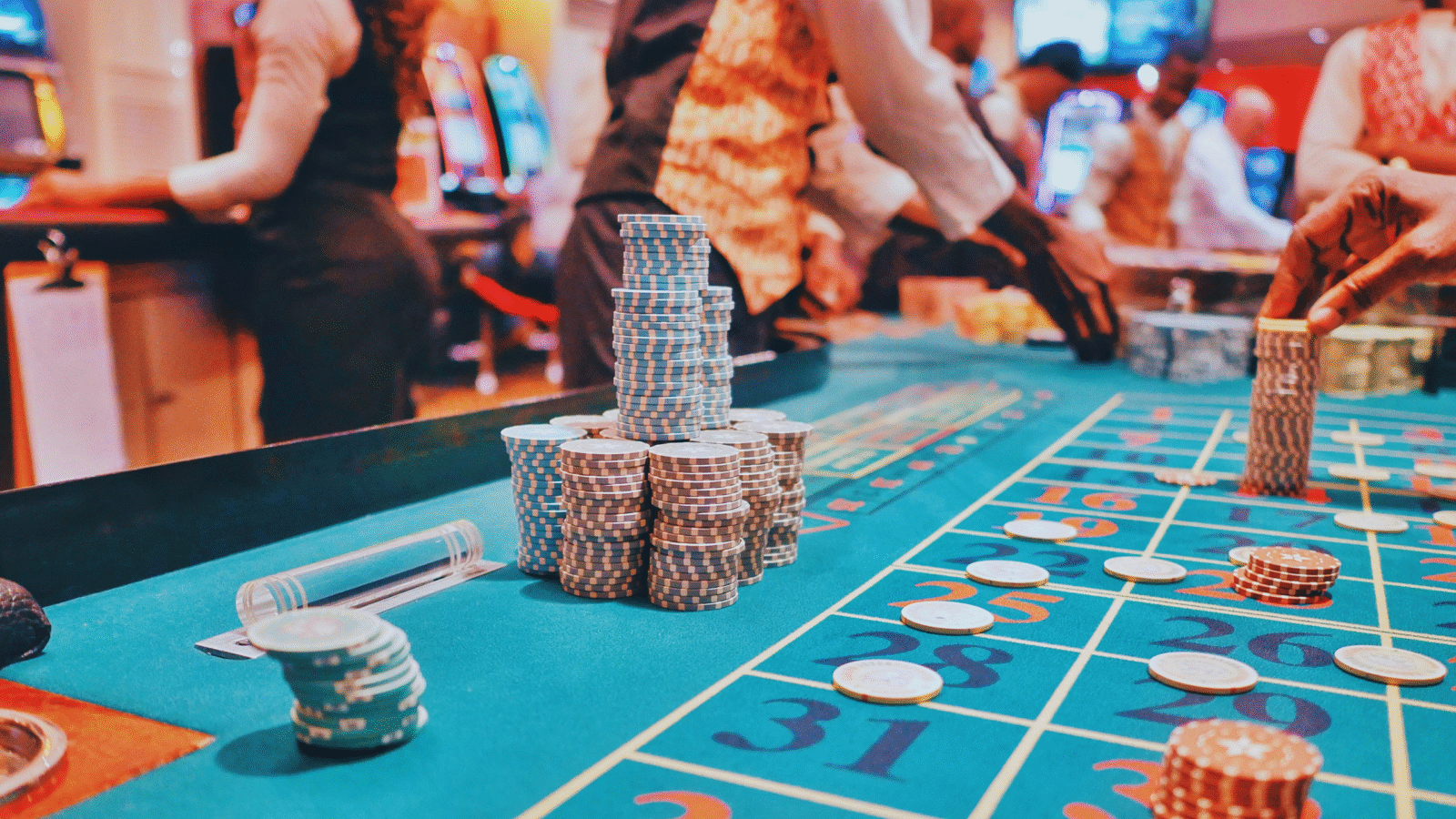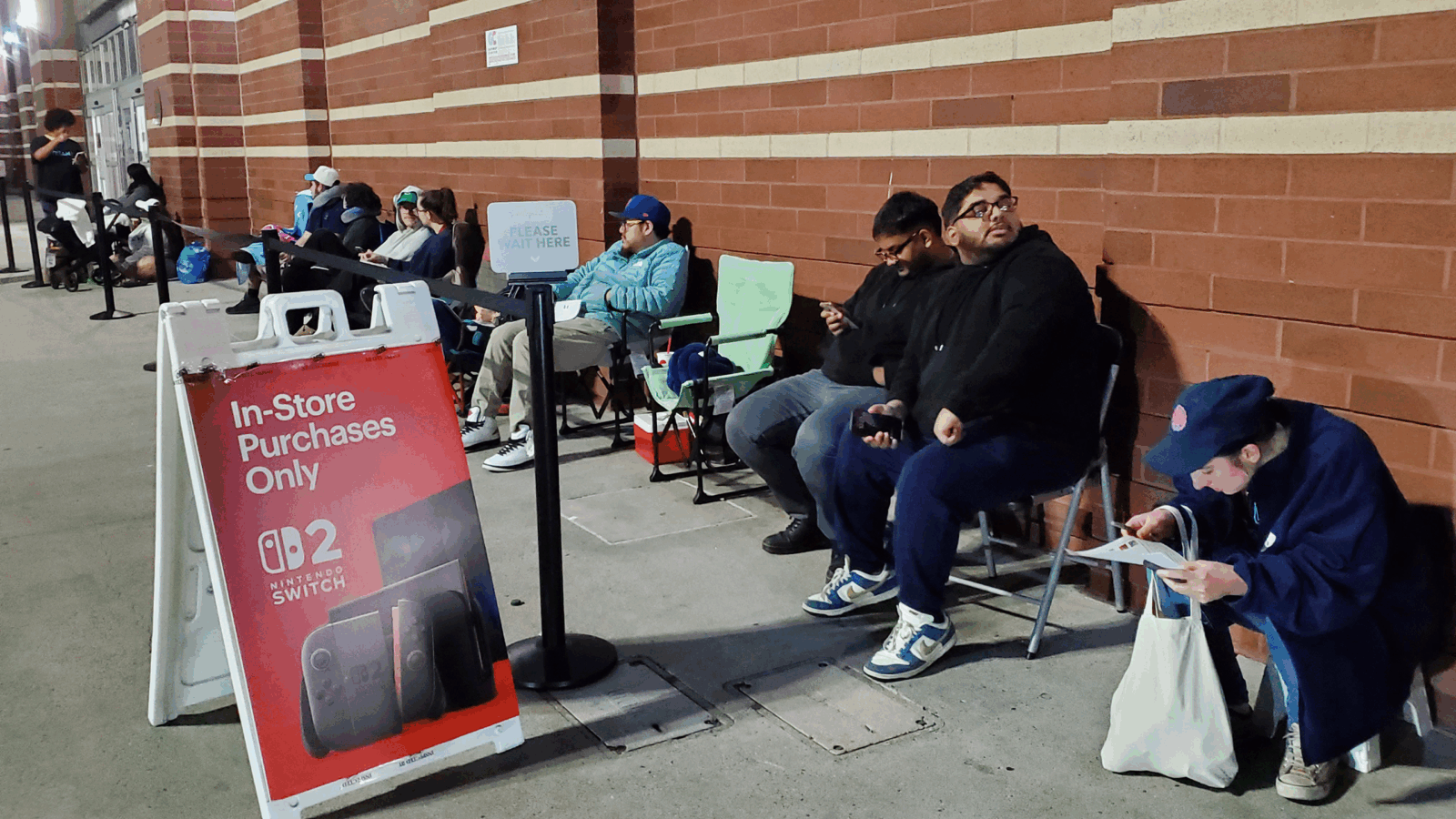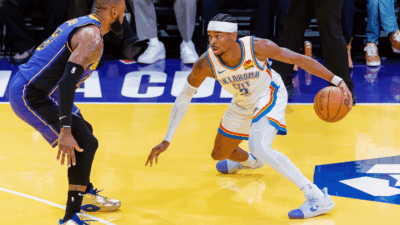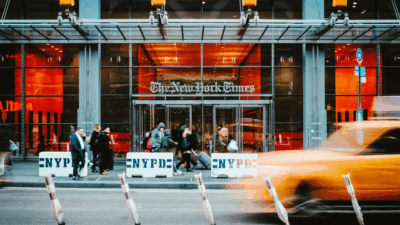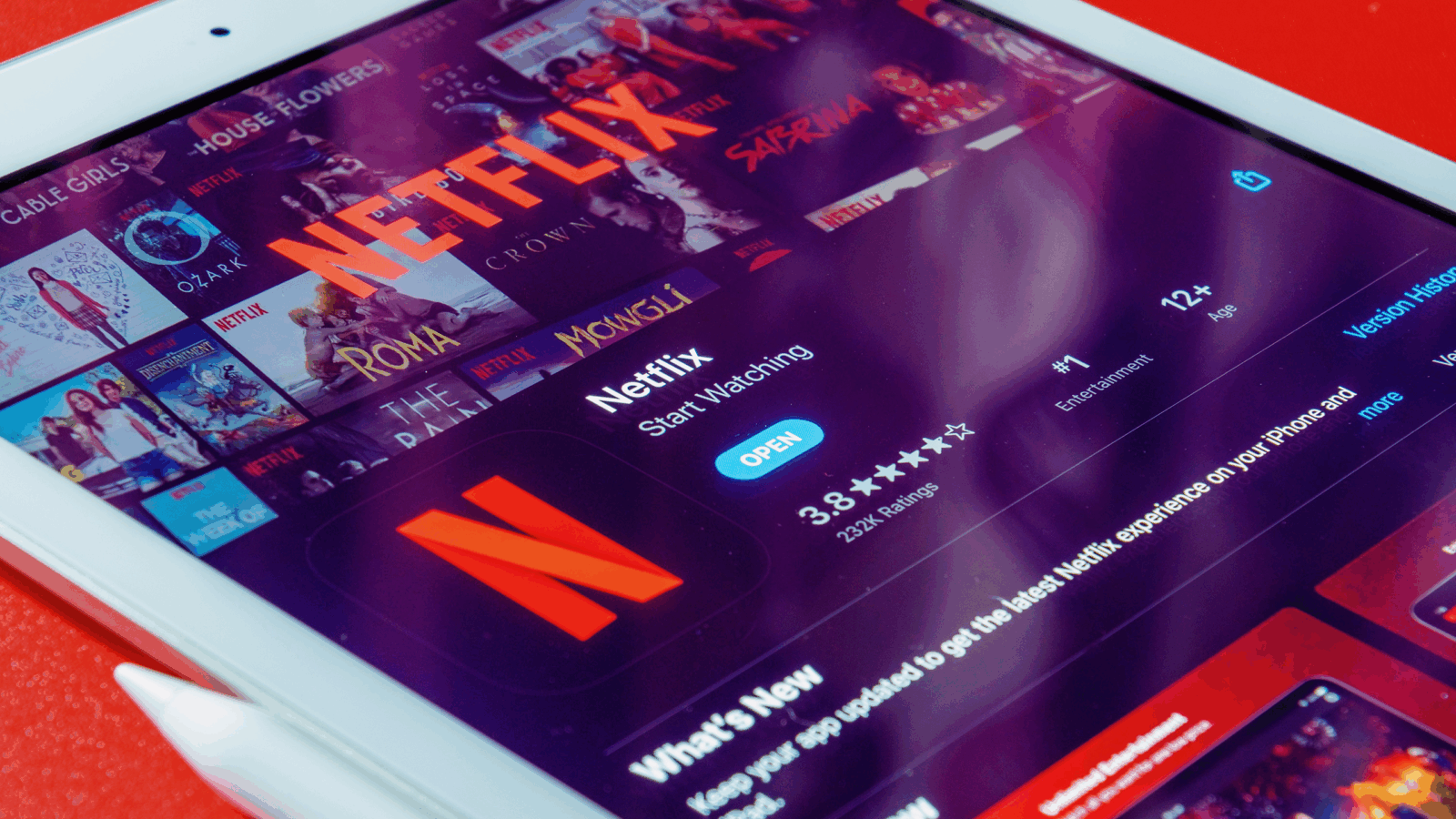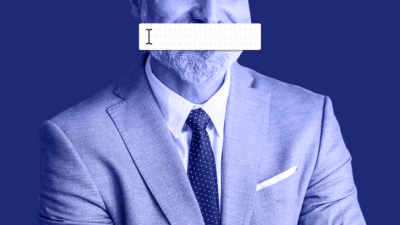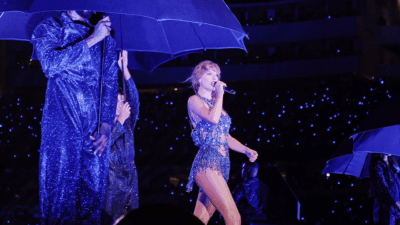Bet, Bet, Bet on the Home Team: How Legalized Gambling has Reshaped the Business of Sports

Sign up for smart news, insights, and analysis on the biggest financial stories of the day.
In a 2009 Delaware court case, attorneys for US professional and college athletics warned about the end of sports as we know it should the state legalize sports gambling. Doing so, they wrote, would “irreparably harm professional and amateur sports… a harm that cannot even begin to be measured, let alone compensated by money damages.” As far as they were concerned, what happens in Vegas – then the only state where legalized sports gambling existed – should stay in Vegas.
Today, the equivalent of a Las Vegas casino sportsbook operates 24/7 on the smartphone of any sports fan in 34 states plus the District of Columbia, thanks to a Supreme Court ruling in 2018 that struck down the Professional and Amateur Sports Protection Act (PASPA), thus allowing individual states to legalize sports gambling. Now, the same leagues that cautioned irreparable harm operate in partnership with a slew of national and local sports books.
So what happened? Has sports gambling delivered crucial revenue to states? How big of a sponsorship cash grab has it been for sports leagues? And has it come at the cost of fractured integrity and inevitable corruption?
Past, Present, and Futures
Back in 2009, the NBA was in PR recovery mode following the revelation that one of its referees, Tim Donaghy, had gambled on and attempted to fix games that he had officiated — a scandal that then-commissioner David Stern called “the most serious situation and worst situation that I have ever experienced either as a fan of the NBA, a lawyer for the NBA or a commissioner of the NBA.”
Meanwhile, Major League Baseball had just moved past the Pete Rose gambling scandal in 1989 — fortuitously buried by a subsequent steroid scandal — though it still lived in the shadow of the 1919 “Black” Sox scandal, in which eight team members were accused of throwing the World Series at the behest of an organized gambling syndicate.
But even then, gambling and integrity-shattering corruption didn’t automatically go hand-in-hand. Football fans from the 1970s and 80s are sure to remember picks against the spread on CBS by commentator Jimmy the Greek. The rise of fantasy sports also introduced a gambling-adjacent game for sports fans. And even the lofty language by sports executives belied a reality in which they were much more gambling-friendly:
- “Even before [the PASPA ruling], the leagues were taking money from the books,” John Wolohan, professor of Sports Law at Syracuse University, told The Daily Upside. “You could go to Yankee Stadium, and you’d see the signs for the Mohegan Sun,” a casino in nearby Connecticut.
- Meanwhile, the NFL and NBA were frequently hosting games and exhibitions in London and elsewhere abroad, where sports betting laws were much more lax, without qualms over sports books located near — or even inside — the stadiums.
Final Fantasy: By the 2010s, the ubiquitousness of smartphones allowed tech-savvy pikers to access offshore online sports books like Bovada with ease. Meanwhile, many legally conscious sports fans turned toward daily fantasy sports platforms like FanDuel and DraftKings, with features and payouts much closer to traditional sports betting than traditional fantasy leagues.
Soon, sports leagues themselves got in on the proverbial action:
- In April 2013, MLB made a little-publicized investment into DraftKings at an undisclosed single-digit percentage.
- A year later, the NBA also took an undisclosed equity stake in FanDuel as part of a broader deal that saw the platform become the league’s exclusive daily fantasy site.
- On a smaller scale, various team owners, including the New England Patriots’ Robert Kraft, became venture capital backers of both major platforms.
“[Leagues] were still willing to get in bed with these platforms before the Supreme Court changed the law,” Wolohan told The Daily Upside.
By late 2014, the other sneaker had officially dropped. “I believe that sports betting should be brought out of the underground and into the sunlight where it can be appropriately monitored and regulated,” Adam Silver, newly appointed as the NBA’s commissioner, wrote in a New York Times op-ed.
Four years later, Silver’s dream would come true — marking the end of an era in which, by some estimates, roughly $400 billion was illegally wagered on sports in the US each year.
A Winning Hand? So what hath the demise of PASPA wrought? For starters, lots of money — both in the form of taxable revenue for states, and sponsorship deals for leagues and teams:
- In the five years of post-PASPA sports betting through March 2023, Americans have placed some $220 billion worth of wagers, according to the American Gaming Association. In turn, sports betting has generated $3.6 billion in tax revenue, including $3 billion for state and local governments.
- Brand sponsorship database SponsorUnited estimates the NFL’s league sponsorship deals with FanDuel, DraftKings, and Caesars Entertainment could generate $1 billion over the next five years. Combined league and team sponsorship revenue hit an all-time high of $2.7 billion for the NFL and its 32 franchises in its most recent season.
- Team-level sportsbook deals fueled a 40% increase in sponsorship revenue during the season, SponsorUnited found.
- Meanwhile in the NBA, sponsorship revenue hit an all-time high $1.4 billion in the most recent season, according to SponsorUnited. That’s a $100 million increase from a season before, with sportsbook partners representing over half of that increase.
“It’s inevitable that if the money is there that they’ll take some measured risk, being the trade-off between the potential integrity of the game issues in exchange for building that long-term revenue,” David Carter, a sports business professor at the University of Southern California, told the AP. “Commissioners are primarily interested in helping their owners grow their franchise values over time.”
And oh, have integrity issues already popped up, to the point where it seems player violations are increasingly unavoidable. This offseason, the NFL saw two major investigations end in player suspensions:
- In April, the NFL suspended four Detroit Lions players — Jameson Williams, Quintez Cephus, C.J. Moore, and Stanley Berryhill — for violating league gambling policies. Cephus and Moore have been indefinitely suspended through at least the entire upcoming season for betting on NFL games, while Moore and Berryhill were suspended six games for betting on non-NFL sports while in NFL facilities.
- In June, the NFL indefinitely suspended two players from the Indianapolis Colts, Isaiah Rodgers and Rashod Berry, for betting on over 100 NFL games, including at least one Colts game, sources told ESPN. Free agent Demetrius Taylor was also indefinitely suspended for betting on NFL games, while Tennessee Titan Nicholas Petit-Frere received a six-game suspension for betting on non-NFL sports while in NFL facilities.
The players under indefinite suspensions can apply for reinstatement following this season. Wide receiver Calvin Ridley was already reinstated after missing all of last season due to a gambling suspension, including bets placed on his own team — though Ridley claims he placed the bet during an extended break from team activity to deal with mental health.
Tough Beat: The leagues would likely argue that these suspensions came about because there’s now legalized gambling — and all the traceable data-tracking that comes with it, pushing it “into the sunlight,” just as Silver predicted.
That same data-tracking lets sports leagues and sportsbooks monitor shady bets, the type that move gambling lines and indicate possible instances of what’s essentially insider trading. It’s exactly what happened this summer to the University of Alabama baseball coach Brad Bohannon, who was allegedly communicating with a person placing bets on an Alabama baseball game, sources told ESPN.
“If he had done that with a bookie, we wouldn’t be able to know that,” Wolohan said.
But the Bohannon incident highlights one of two areas that Wolohan sees as potential trouble spots: college sports and bets on events with certain outcomes.
Wolohan argues there are simply too many people involved in college sports — Division I football alone has roughly 15,000 players each season — and too many opportunities for insider information to slip out, without the means to track it. Worse, college athletes remain largely unpaid, increasing the incentive to make money gambling. Case in point: another gambling sting this summer charged seven current and former football and basketball players at the University of Iowa and Iowa State University — most notably ISU starting quarterback Hunter Dekkers — for various gambling-related criminal charges and NCAA violations, including betting on their own games.
Then there’s betting on events that aren’t technically games. For example: just hours ahead of the NBA draft this summer, The Athletic’s preeminent NBA scoopster Shams Charania tweeted that prospect Scoot Henderson was “gaining serious momentum” in the Charlotte Hornets’ front office to be the No. 2 overall pick in the draft. That caused betting odds to quickly shift away from heavy favorite Brandon Miller, who was widely expected, and eventually became, the Hornets’ pick. Ordinarily such a tweet wouldn’t raise eyebrows, but Charania also works as a paid contributor to FanDuel’s TV network — causing some to suspect foul play.
“The lines of everything between the leagues, teams, official betting partners and media people and the books and the business — there are no more lines,” Dave Sharapan, a veteran Vegas sportsbook oddsmaker, told the Washington Post. “It’s all very very convoluted.”
Oh, and don’t forget: Earlier this month, Disney’s sports media subsidiary ESPN announced a 10-year, $2 billion licensing deal with Penn Gaming to create an ESPN-branded sports-betting platform.
Welcome to the increasingly weird, increasingly libertine, brave new wide open world of sports.
